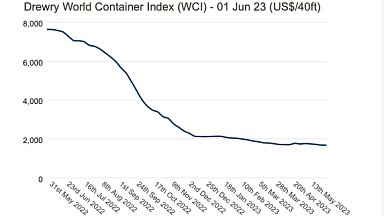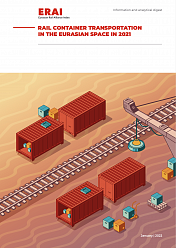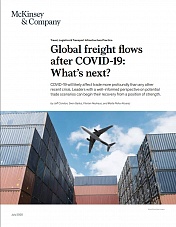The move is expected to affect Sinokor’s Greater China-Russia service as well as others, including a recently launched lane connecting the South Korean port of Okgye with Vostochny.
Terminal operator Vostochnaya Stevedoring Co (VSC) operates four berths in Vostochny and was named among 500 people and entities in the US Treasury’s latest sanctions list, published on 22 February, the second anniversary of Russia’s invasion of Ukraine.
VSC is part of Russia’s Global Ports Group which handles containerised commodities in the Russian Far East and the Baltic Sea.
The US Treasury claimed North Korea had provided ammunition and other aid to support Russia’s invasion of Ukraine, using Vostochny as its main access port.
Since September, North Korea reportedly shipped more than 10,000 containers of arms to Russia, and the widened sanctions list aims to deprive Russia of the means to continue its invasion.
A Sinokor representative told The Loadstar: «We’re pausing our services to Vostochny for now, as we could fall foul of the sanctions if our ships continue calling at the VSC terminal. We will stop taking bookings for cargo to and from Vostochny, but already-booked shipments will continue until the end of this month.»
Sinokor is one of few operators that refused to stop calling at Russia post-sanctions, although several opportunistic new players have launched services to fill gaps left by the departure of mainline operators from the trade.
And the Sinokor representative said shipments to the Russian Far Eastern port of Vladivostok would continue, as it had not been hit by sanctions yet.





